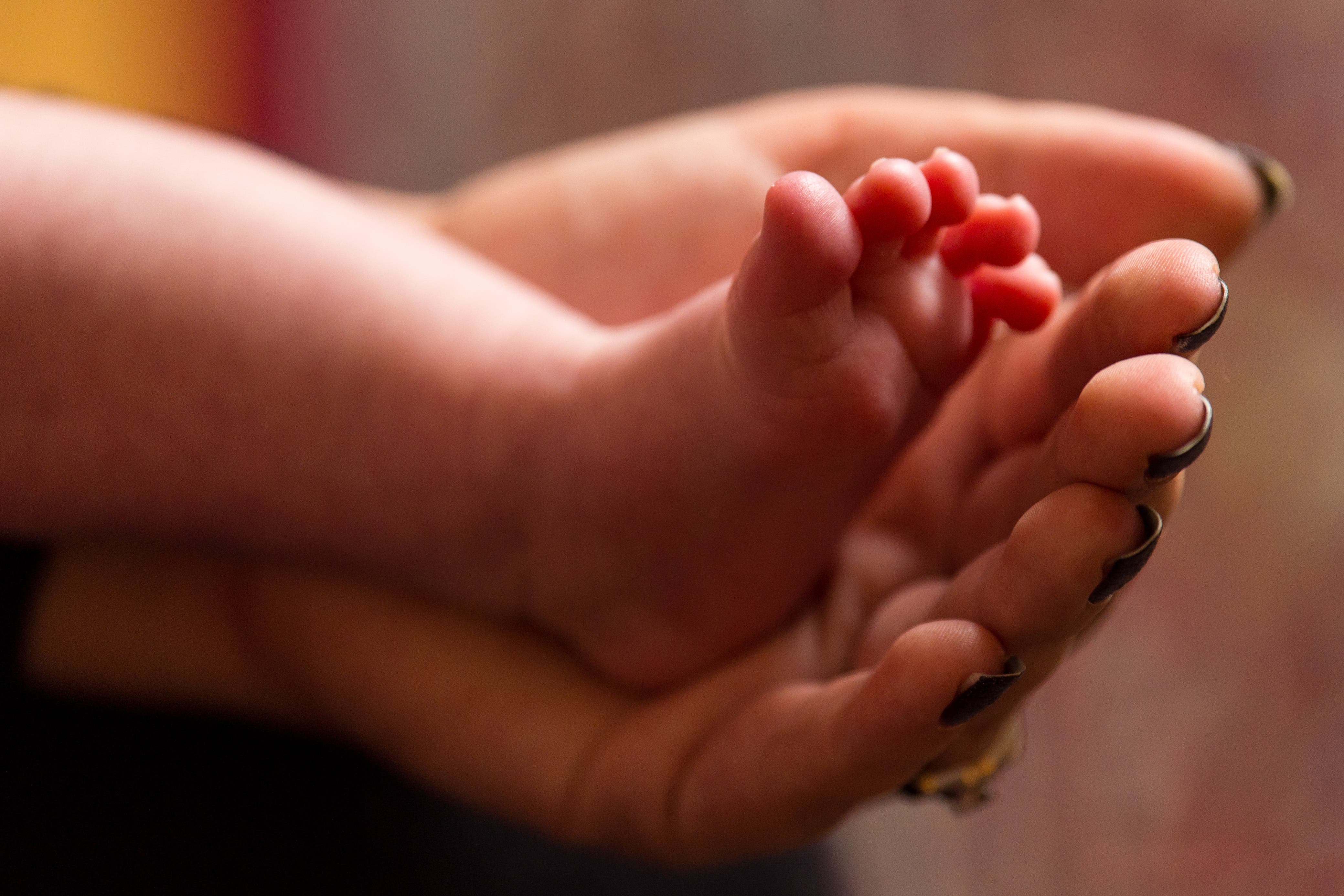72% of single mothers worried about running out of money in retirement – report
Economic conditions are making it harder than ever to fix the deep inequalities that underlie the pensions gap, Scottish Widows said.

Your support helps us to tell the story
From reproductive rights to climate change to Big Tech, The Independent is on the ground when the story is developing. Whether it's investigating the financials of Elon Musk's pro-Trump PAC or producing our latest documentary, 'The A Word', which shines a light on the American women fighting for reproductive rights, we know how important it is to parse out the facts from the messaging.
At such a critical moment in US history, we need reporters on the ground. Your donation allows us to keep sending journalists to speak to both sides of the story.
The Independent is trusted by Americans across the entire political spectrum. And unlike many other quality news outlets, we choose not to lock Americans out of our reporting and analysis with paywalls. We believe quality journalism should be available to everyone, paid for by those who can afford it.
Your support makes all the difference.Four in 10 (40%) single mothers say they are not a member of a pension, compared with three in 10 (29%) women generally, according to a report.
Nearly three-quarters (72%) of single mothers are concerned about running out of money in retirement, as are 61% of women generally and 52% of men, Scottish Widows said.
Lone parent households with dependent children have £29,000 of assets on average, covering all wealth, including pensions, it said.
This compares with over £275,000 for the average couple with dependent children.
Providers, regulators and employers must collaborate urgently to address this crisis
This leaves almost a quarter of a million-pound gap in total wealth between the two groups.
Jackie Leiper, managing director of workplace savings, Scottish Widows, said: “Current economic conditions are making it harder than ever to fix the deep inequalities that underlie the pensions gap, with the retirement savings of women deeply impacted by key life events such as divorce or motherhood.
“Providers, regulators and employers must collaborate urgently to address this crisis – from reconsidering the auto-enrolment threshold to far greater investment in childcare support – to help the most vulnerable in the near-term.”
Scottish Widows used survey findings from more than 5,000 people across the UK to make its findings, as well as some Office for National Statistics (ONS) figures.
Phil Brown, director of policy at B&CE, provider of the People’s Pension, said: “The gender pensions gap isn’t going to close itself and is likely to widen, unless policymakers make it easier for women, especially mothers, to return to the workplace. This will only happen if there is better access to affordable, good quality childcare, as well as automatic enrolment reform.”
A Department for Work and Pensions spokesperson said: “Automatic enrolment (AE) has helped more women save into a pension, with participation rates for women catching up with those for men. In 2021, 87% of eligible women working in the private sector were participating in a workplace pension, up from 40% in 2012.
“AE was designed specifically to help women and other groups such as young people, and lower earners, who historically have been poorly or less well served by the pensions market.
“The Government’s ambition for the future of automatic enrolment is to abolish the lower earnings limit and reduce the age for being automatically enrolled to 18, which will improve financial resilience in later life for women and these groups.”